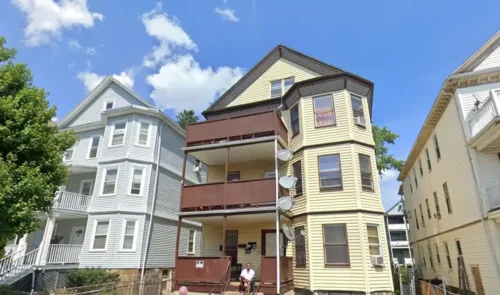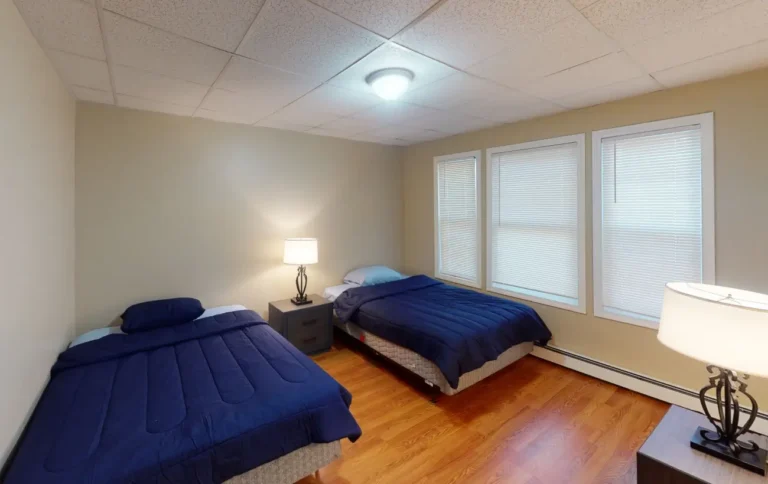
Before setting off on your trip, think through how you could avoid or navigate your triggers. Also, talk to your travel companions about the kind of support you would like from them. You can ask them to remind you of your commitment to recovery, to help you get to your planned meetings, to meditate or exercise with you, or to help you get back to the hotel if you’re feeling triggered.
SVI Sober Aloha Hawaii
Vacation will already be one giant temptation – if all the people around you are partying, drinking, or doing drugs, your strength will be tested. Additionally, people who don’t understand addiction or support your commitment to sobriety can pressure you to use drugs while on holiday. The pressure to not be a wet blanket when your friends or family participate in recreational drug use can raise the chances of relapse. Vacations offer the chance to relax, explore, and create cherished memories. However, for those in recovery, these trips can present unique challenges.
Going on Vacation While in Recovery: Best Practices for Staying Sober

All Recovery accommodates people with any kind of addiction and its meetings are led by trained peer-support facilitators. Women for Sobriety focuses on the needs of women with any type of substance use problem. Recovery from addiction is not only vacationing in recovery possible, it is the rule, rather than the exception. S. National Survey on Drug Use and Health, more than 75 percent of people addicted to alcohol or drugs recover—their condition improves and substance use no longer dominates their life.
Unplug, but Stay Connected
Engaging in a new hobby or exercise routine helps reduce stress levels, enhances mental health, and supports overall recovery. Enjoy the summer weather as you embark on this journey to a healthier, more balanced you. Starting a new hobby can also be an excellent way to enhance your recovery journey. Hobbies provide a constructive outlet for your energy and creativity, reducing stress and promoting mental well-being.
Practical Tips for Sober Travel

It’s important that others know that you’re going on vacation and even know what you’ll be doing each day. You can be held accountable by others that way because they can call when you should be back from an activity or talk to you about the things you did each day. All-inclusive https://ecosoberhouse.com/ means food, drinks, activities and entertainment are included in the cost of your trip. We adhere to the policies of the destination to which we are traveling – if it is their policy that incoming travelers be vaccinated then we adhere to those recommendations.

- Set aside money and buy yourself a gift when you come back home without using alcohol or drugs.
- Some destinations you may want to avoid your sober summer vacation are areas well known for their party culture such as Las Vegas, Cancun, and Amsterdam.
- But if you feel ready for the challenge, recovery can open up exciting new possibilities, especially while traveling.
RCA’s inpatient and outpatient locations are as close as Devon and Malvern, PA and Mays Landing, NJ. RCA has locations in North Jersey, Maryland, Massachusetts, Pittsburgh, Indianapolis and Chicagoland. The Alumni Association at Recovery Centers of America hosts virtual meetings 7 days a week, multiple times a day. These meetings are not only for RCA alumni, but are open to family, friends or anyone in the recovery community. With support just a few clicks away, there is no reason you can’t get to a meeting while on vacation and check in with your peers. Finding the right support is crucial for anyone’s journey to well-being, especially for those in recovery from substance use disorders or struggling with substance abuse.
- When you look at your vacation plans, start by writing down the locations you want to go to and then identify them as low, moderate, or high-risk.
- Peer or mutual support is not restricted to AA or NA; it is available through other programs that similarly offer regular group meetings in which members share their experiences and recovery skills.
- Understanding situations that can cause or increase your addiction cravings help you develop ways to mitigate the risk of relapse.
- Many spouses & partners are not members join us on our Sober Vacations and have a blast.
- If recovery meetings aren’t meeting in person, you can find a recovery meeting online multiple times during the day, from any device.
- Relapse carries an increased risk of overdose if a person uses as much of the drug as they did before quitting.
What Are Vacation Triggers?
Additionally, if you’ve always been intoxicated during previous holidays, you may feel it’s impossible to relax or have fun without being drunk or high. While you are away, remember to relax and enjoy your time, but be sure to have plans in place to prevent boredom from striking to avoid any potential temptation that may risk your sobriety. Addiction is a vicious cycle that leads to periods of sobriety and relapse. Rehab can provide treatment programs to offer the skills, techniques, and guidance to stop using drugs or alcohol successfully. The Philadelphia area has several Recovery Centers of America treatment centers that you can reach out to during your vacation or whenever you mayneed help.
- Maintaining your sobriety is paramount to your well-being and the success of the trip overall.
- The Alumni Association at Recovery Centers of America hosts virtual meetings 7 days a week, multiple times a day.
- Some feature resorts offer recovery meetings on-site and allow you to easily work with the front desk staff to book excursions that are not only fun but alcohol-free.
- This deceptive nature can make it difficult to recognize the threat until it’s too late.
- If you are relatively new to sobriety, “getting away” might simply not be wise.
- So now that you know what you should do when planning your vacation, there’s several things you should not do as well.
Going on vacation with a romantic partner, parents or friends who understand the importance of your recovery can help you remain sober during your trip. These six tips can help you remain sober when on holiday, whether you’re traveling alone or with loved ones. Being away from home or in an environment where you’re surrounded by people who don’t speak your language can be intimidating. Some drugs lower inhibitions, giving you the courage to ask strangers for recommendations, make requests to improve your trip and make friends. Communicating with the person or people you’re traveling with will be crucial to your success. Let them know what you’re dealing with and what you’ll need to avoid.

A long-overdue vacation will be welcomed by many as a time of rest and relaxation away from everyday stresses. If you are still experiencing a fair amount of anxiety and uneasiness, a vacation might actually slow your recovery efforts or lead to a setback. There are several do’s and don’ts you should consider when planning a vacation for yourself or someone else in recovery. If you or a loved one is struggling with substance use, an intervention could be necessary. However, interventions are difficult for everyone involved, and everyone must agree that intervening is the right thing to do for the person before moving forward.
Planning a Vacation in Recovery: Do’s and Don’ts
Be realistic and considerate in your asks—you don’t want to be controlling or rude—but let them know what support you’re hoping for from them. A quick search on your computer will reveal more options for recovery-centered vacations than you many think! From excursions to cruises, you can see the world, hike a trail, and explore hidden destinations with a tour group in recovery. Some feature resorts offer recovery meetings on-site and allow you to easily work with the front desk staff to book excursions that are not only fun but alcohol-free. Other options may include destinations surrounded by beautiful nature to practice mindfulness, yoga, or to reconnect with your inner self at a wellness retreat. Any place that is accessible to wellness-oriented activities and sights is a great option.
